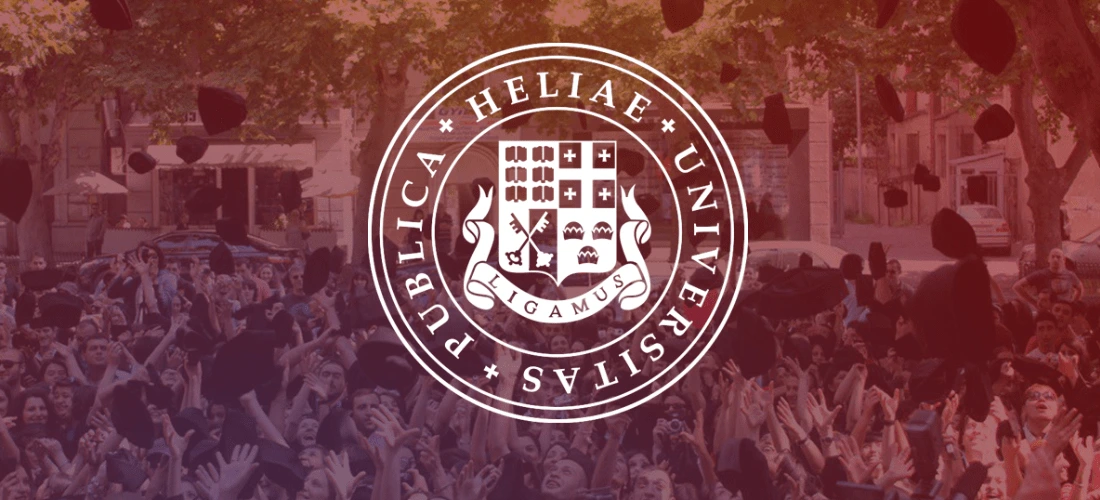- არგუსი
- ელ. ფოსტა
- კონტაქტი


The interdisciplinary Medieval Studies program aims to prepare highly qualified specialists in medieval studies who will have systematic knowledge of the historical, artistic, philosophical, theological, literary, or linguistic context/contexts of the Middle Ages in Georgia and Byzantium or Western Europe (according to interest). Throughout the master’s program, students will be able to study the cultural heritage of the Middle Ages in a global, regional, or national context using various methods and approaches. During their studies, students will be able to develop critical thinking and analytical skills.
Degree awarded: Master of Arts in Humanities in Medieval Studies
Language of instruction: Georgian
Program duration: 120 ECTS credits, 4 semesters
Applicants wishing to apply to the Medieval Studies Master’s Program must have a bachelor’s degree or equivalent academic qualification.
For admission to the master’s program, applicants must pass:
The Medieval Studies Master’s Program is interdisciplinary and includes 120 credits. Students must complete:
Program mandatory courses: 30 credits
Program compulsory elective courses: minimum 42 credits distributed in 3 blocks:
Free elective courses: maximum 18 credits
Master’s thesis: 30 credits